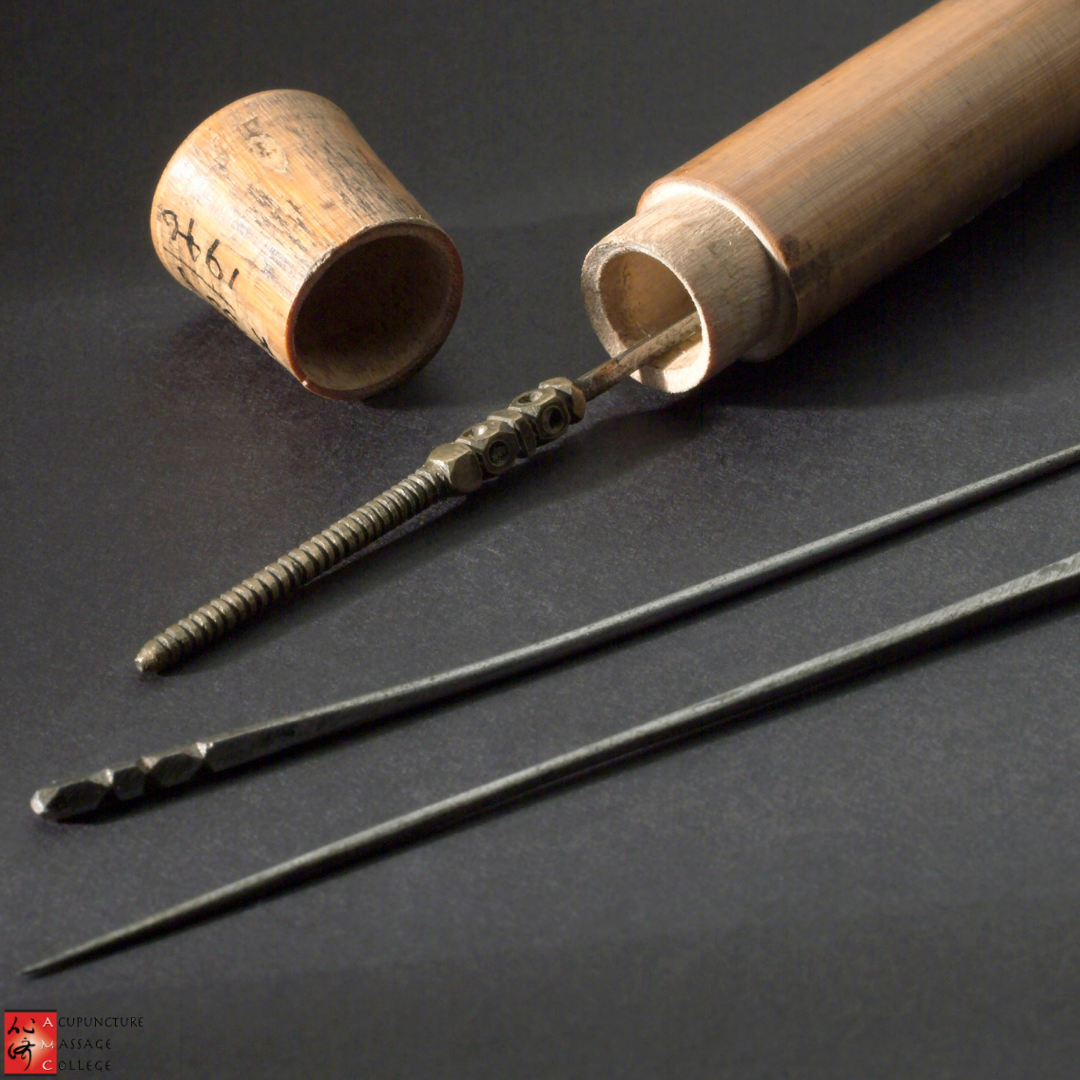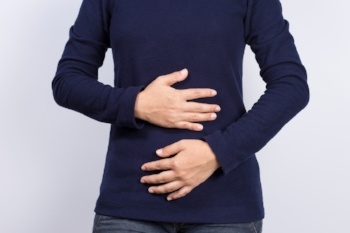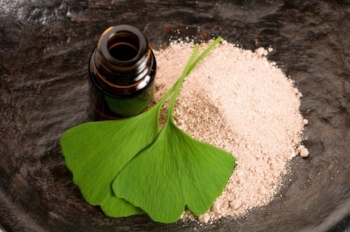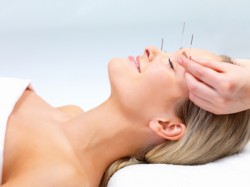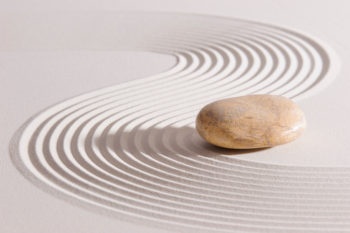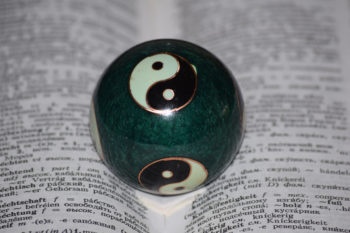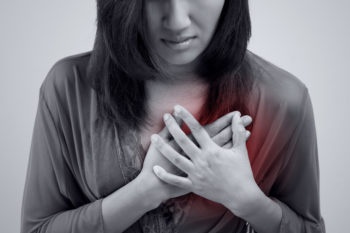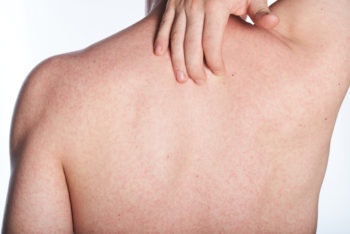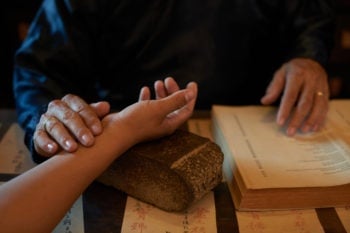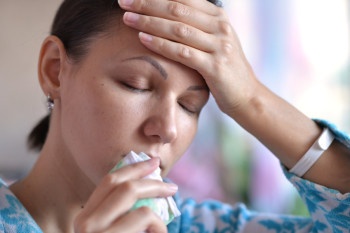Over the past few weeks, we've been covering the history of acupuncture in America. In the first installment of this series, we covered the early history of acupuncture in the West and discussed the first Europeans to come into contact with acupuncture. In the second installment, we discussed how acupuncture was introduced to the early American medical community. In the third installment, we discussed how acupuncture first entered the American mainstream during the 1970s and covered the early years of acupuncture as a profession. … Read More
Hailin Wu, OM Clinical / Faculty Supervisor, Program Director
Recent Posts
History of Acupuncture During the 1980s
Acupuncture for Digestive Problems
Acupuncture for digestive problems is safe and effective way to naturally treat many acute and chronic conditions of this important body system. If you've tried conventional medicine to keep digestive problems in check without success, consider acupuncture, which is a holistic health treatment without side effects. … Read More
Chinese Herbs for Memory
Memory loss can occur for a variety of reasons. A large percentage of adults experience memory loss due to stress, anxiety, depression, fatigue and insufficient sleep. Short-term and long-term memory loss may also be caused by conditions like Alzheimer’s disease or neurodegenerative illness. Viral infections and medications might be behind your forgetfulness as well. Fortunately, holistic medicine offers natural methods of treating memory loss. … Read More
Treatment of Mood Swings With Acupuncture
Mood swings may have several causes that include chemical and hormonal imbalance, stress, PMS, medication usage, and diet. Various types of physical illness can also cause mood highs and lows. Acupuncture has been shown to stabilize mood by treating hormone imbalance symptoms. … Read More
What Are Yin and Yang Aspects?
You have probably seen a classic Yin and Yang symbol before. It looks like two elongated teardrops — one black, one white — nestled within a circle. Each has a dot of the opposite color in the head of the teardrop. Yin and Yang are fundamental concepts in the philosophy of traditional Chinese medicine. References to Yin and Yang date back to 700 B.C.E. in the book I Ching, according to the Traditional Chinese Medicine World Foundation. … Read More
What Are Yin and Yang in Chinese Medicine?
Update: Due to the popularity of this post, we have written a much more in-depth article about Yin-Yang and Traditional Chinese Medicine. The concepts of Yin and Yang are important intellectual aspects of chinese philosophy and chinese culture and they form the foundation for understanding traditional Chinese medicine (TCM). The earliest reference to Yin and Yang is approximately 700 centuries bce in an ancient text called I Ching or the book of changes. According to the Traditional Chinese Medicine World Foundation, Yin and Yang theory — considered the most fundamental concept in TCM — drives the understanding of health and wellness among practitioners of this ancient system of health care. The theory informs how diagnoses are made, and underpins the physiology, pathology and treatment of illness. It is an important part of the study of TCM. … Read More
Chinese Medicine Helps Ease Symptoms of Acid Reflux
Gastroesophageal reflux disease (GERD) is a common digestive ailment that is more commonly called acid reflux or heartburn. The symptoms that occur with the condition cause mild to severe discomfort. Most people experience episodes of GERD from time to time, though some people suffer from chronic or extreme cases of the disease. … Read More
Herbal Medicine for Irritable Bowel Syndrome (IBS)
Between 25 and 45 million people in the United States suffer from Irritable Bowel Syndrome (IBS), according to the International Foundation for Functional Gastrointestinal Disorders. Between 10 to 15 percent of people worldwide are affected by the disorder. Traditional Chinese medicine herbs may improve symptoms of abdominal pain, bloating and distension caused by IBS, according to a Cochrane Library systematic review. Learn more about the disorder and how traditional Chinese medicine can help. … Read More
An Introduction to Traditional Chinese Medicine Herbs
Traditional Chinese medicine (TCM) is a holistic system of health care that uses a variety of therapies and treatments to combat and prevent illness and achieve optimal health in patients. One of those avenues of treatment involves traditional Chinese medicine herbs. More than 5,700 medicinal substances of plant, animal and mineral origin are used by practitioners of TCM, according to the Center for Spirituality & Healing at the University of Minnesota. … Read More
Traditional Chinese Medicine for Eczema
Persistent atopic dermatitis — more commonly known as eczema — is a condition that makes your skin itchy and appear red or brownish gray in color. Eczema patches may have small raised bumps on the skin that leak and weep fluid when scratched. A variety of causes and conditions can induce flareups of eczema. … Read More
The Chinese Four Pillars of Diagnosis Used in Acupuncture
Chinese medicine has a different approach to diagnosing patients than you will typically find in a Western medical health care setting. Looking, listening, touching, asking — these important components make up the Chinese four pillars of diagnosis used in acupuncture. The four pillars are also referred to as the four examinations. Each pillar provides information that adds up to a holistic view of the patient and any health issues that can be alleviated through acupuncture and traditional Chinese medicine. Read on to learn more about the each pillar. … Read More
Acupuncture for Immune System Treatment
Chinese Medicine Helps with Treatment for Eating Disorders
Nearly 1 million men and women in the United States suffer from eating disorders, according to the National Institute of Mental Health, including the two most common ones — anorexia and bulimia. Both disorders involve a perception distortion of body shape and weight. Anorexia is characterized by extreme weight loss; bulimia is characterized by binge-eating and compensatory factors such as purging and fasting. Conventional therapies for eating disorders include medical and psychological evaluation, medication and nutritional counseling. But if you're looking for treatment for eating disorders, Chinese medicine and other alternative therapies can help. … Read More
Chinese Herbal Medicine Helps Symptoms of COPD
If you suffer from the common condition of chronic obstructive pulmonary disease (COPD), you may experience symptoms like coughing, fatigue and frequent respiratory infections. You may also have breathing issues, including shortness of breath, trouble catching your breath or wheezing, according to the National Institutes of Health. … Read More
Does Acupuncture Work for Anxiety?
An anxiety disorder is a common mental illness defined by feelings of uneasiness, worry, and fear. While it’s common for everyone to experience bouts of anxiety at various times, people with anxiety disorders feel an inappropriate amount of anxiety, which is greater and more frequent than what might be considered reasonable. … Read More
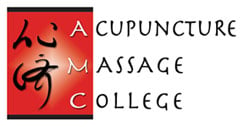
 (305) 595-9500
(305) 595-9500



